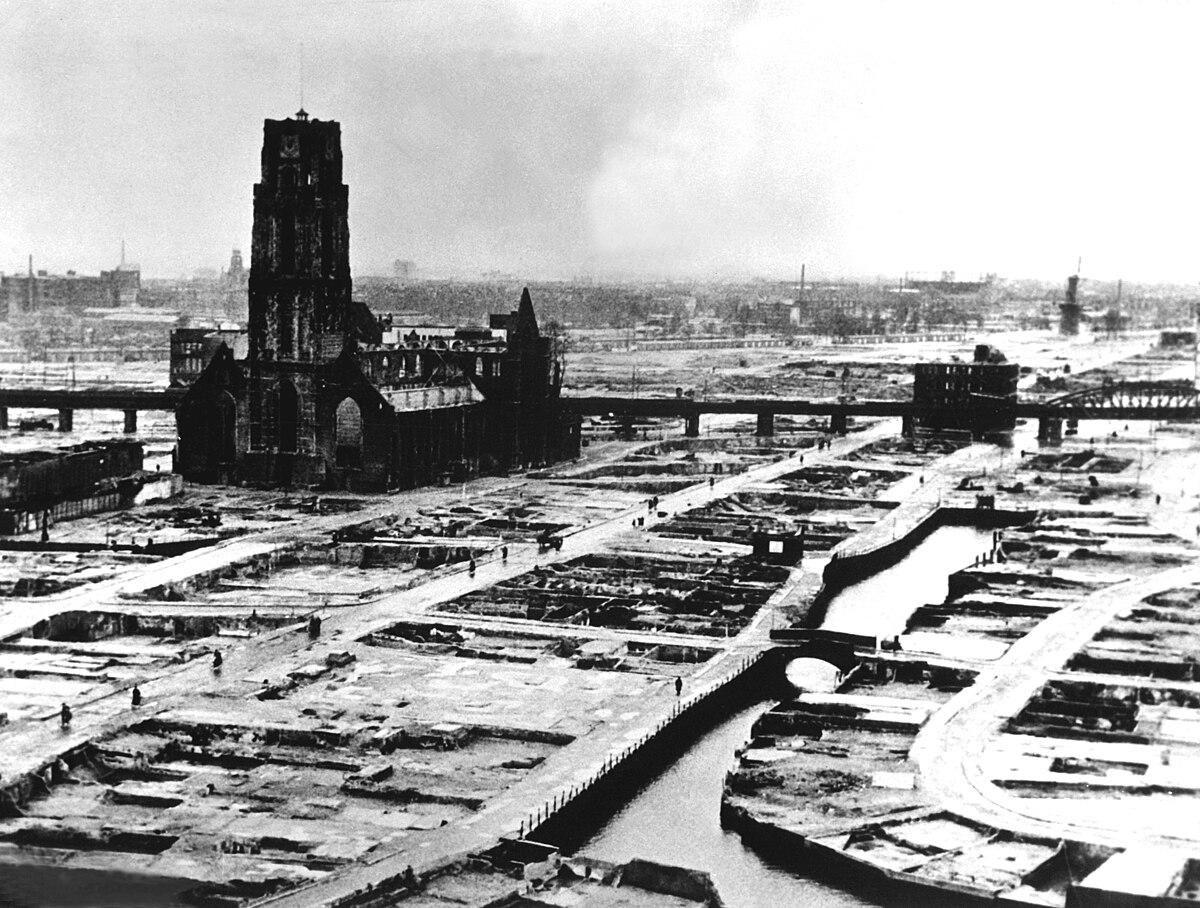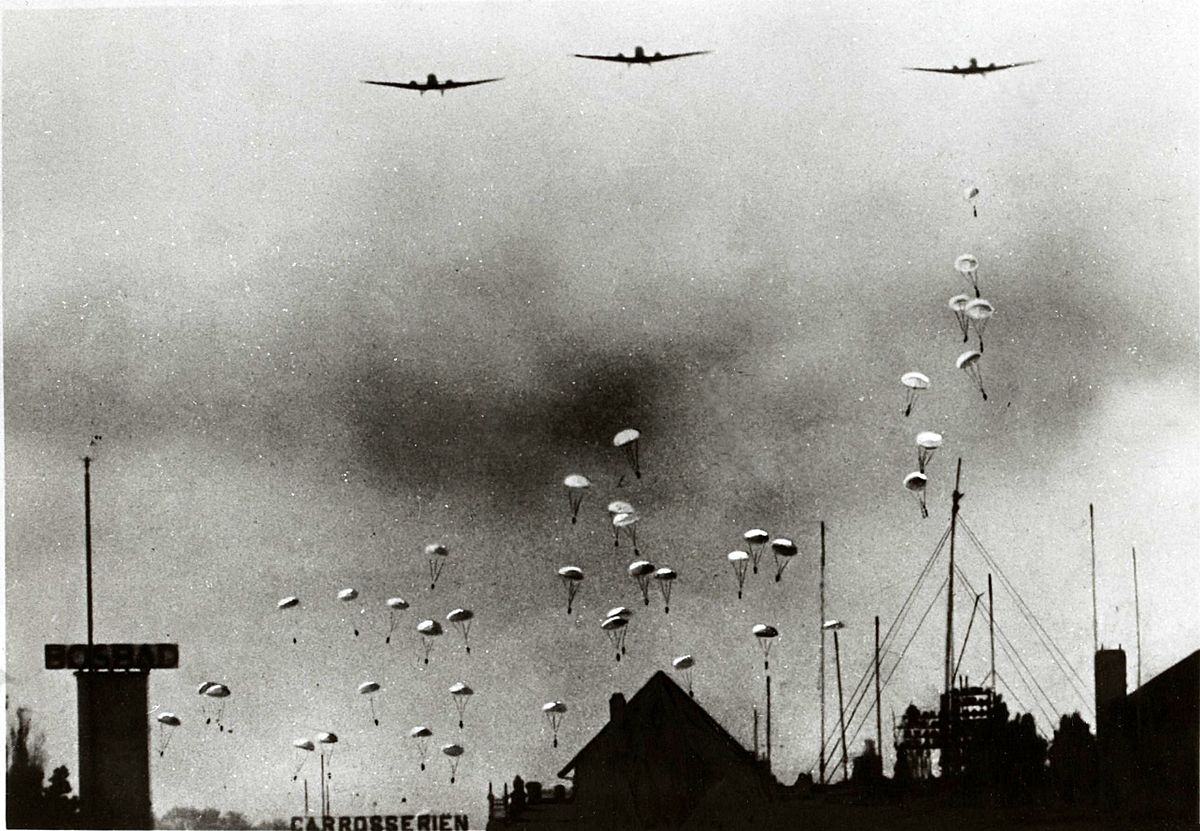The Brandenburg operations were complete failures for the most part.Could be, but if the Dutch commit more resources to defend the area the offset will be on both sides and moot each other out. Though likely I think it would be a small team plus some Dutch Nazis which were used by the Germans historically. Maybe they'll avoid some of the failed missions like the attempted air-landing operation.
"The Germans, executing a plan approved by Hitler,[132] tried to capture the IJssel and Maas bridges intact, using commando teams of Brandenburgers that began to infiltrate over the Dutch border ahead of the main advance, with some troops arriving on the evening of 9 May. During the night of 10 May they approached the bridges: several teams had a few men dressed as Dutch military police pretending to bring in a group of German prisoners, to fool the Dutch detonation teams. Some of these "military policemen" were real Dutchmen, members of the Nationaal-Socialistische Beweging, the Dutch Nazi party.[133] Most of these attempts failed and the bridges were blown, on two occasions with Brandenburgers and all. The main exception was the Gennep railway bridge.[134] Immediately an armoured train crossed it followed by a troop train, both driving right through the Peel-Raam Position at Mill and unloading an infantry battalion behind the defence line.[135]"

German invasion of the Netherlands - Wikipedia
 en.wikipedia.org
en.wikipedia.org
Brandenburgers should have been used for recon and scouting instead, to see if the airfields were usable or not, because turned out to be half finished and Ju 52 sank into the soft mud after landing.
Gliders would have solved the problem and enabled the troopers to carry their main weapon as well, along with being able to transport heavier, crew served weapons.
The airborne ops was terribly planned, with the Germans throwing away the element of surprise by flying over the Hague and then turning around to attack them. Gave the Dutch enough time to prep and man their MGs and Flak. And the Germans thought they were being smart.
Why not just go straight at them? Absolutely stupid I say.
"As planned, the Luftwaffe flew over the Netherlands in the early morning hours of 10 May, but rather than deceiving the citizens of The Hague, their passage alarmed them.[6]"

Battle for The Hague - Wikipedia
 en.wikipedia.org
en.wikipedia.org
Over 1500 paratroops captured and shipped to England.
Other problems included their parachutes, which prevented them from carrying their main weapons.
However, a cheap and easy solution was readily available.
It's called the 7.63x25mm Mauser C96 with 20 round detachable magazines.
Better range, higher velocity, and better piercing power compared to 9mm Parabellum weapons and the biggest magazine of any pistol in WW2.
Heavy but stable, as my great-grandfather noted in his journal.
Problem is, the idiot Goering like the shitty expensive Luger P08 better.

Mauser C96 - Wikipedia
 en.wikipedia.org
en.wikipedia.org
Overall, Holland was a total screwup of cataclysmic proportions for the Germans that was only saved by the indiscriminate bombing of Rotterdam.
Most of the problems suffered by Fallschirmjagers at Crete had already shown themselves at Holland.
Also, Goering is an idiotic druggie.
Red Baron for the win!

